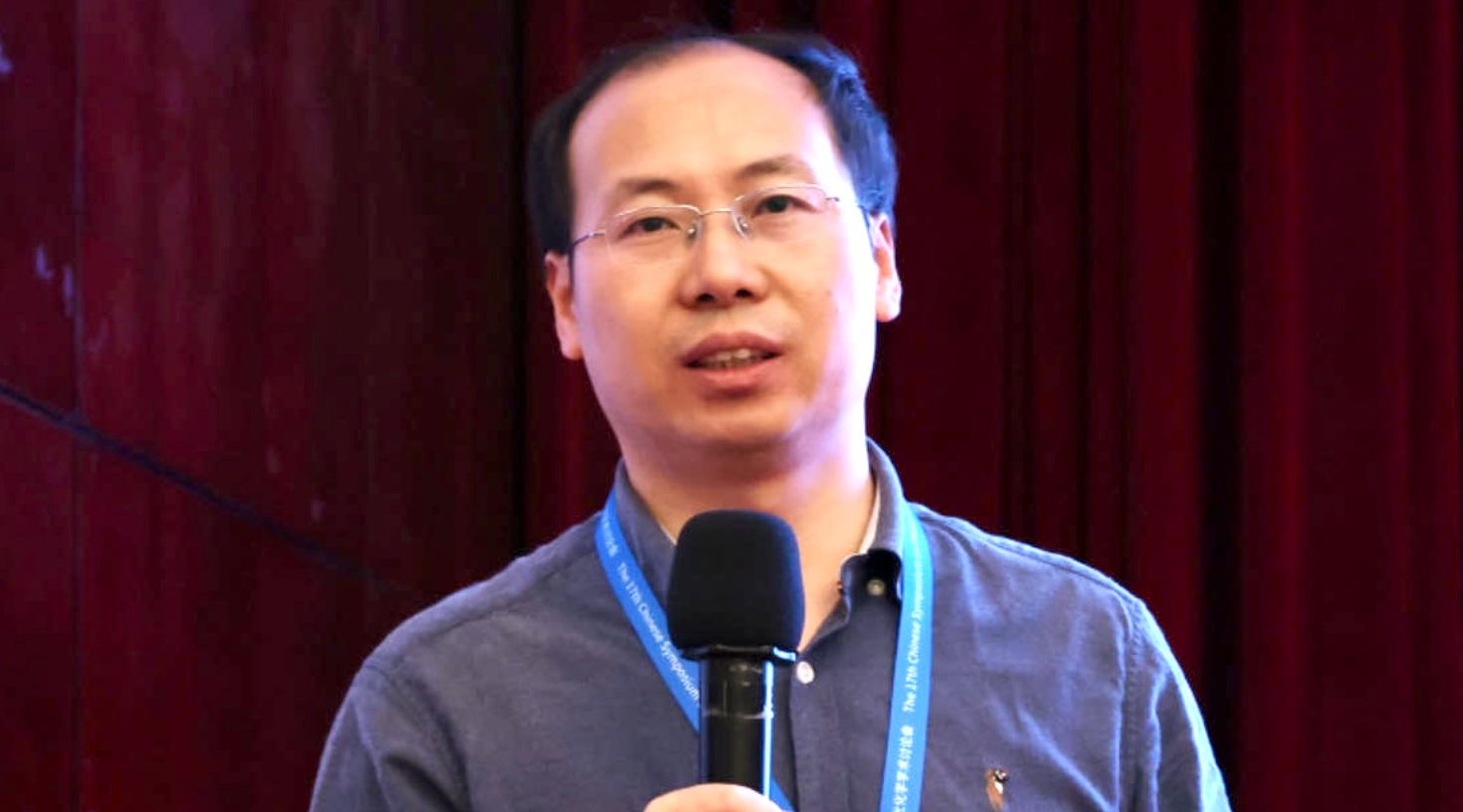"Informed AI News" is an publications aggregation platform, ensuring you only gain the most valuable information, to eliminate information asymmetry and break through the limits of information cocoons. Find out more >>
Novel Biobased Cyclic Peptide Glass: A New Breakthrough in Medical Materials and Smart Devices
- summary
- score

Researcher Yan Xuehai and his team from the Institute of Process Engineering, Chinese Academy of Sciences, have developed a new type of high-entropy non-covalent cyclic peptide glass. This glass exhibits excellent enzyme tolerance, anti-crystallization, and mechanical properties, providing technical support for the development of bio-based medical materials and smart functional devices.
Cyclic peptides are bio-molecular building blocks with rigid backbone structures and high stability, making them ideal materials for constructing new types of bio-molecular non-covalent glasses. However, cyclic peptides are prone to crystallization and difficult to form into glass. The team employed a high-entropy strategy, melting multiple cyclic peptide molecules to create a high-entropy environment, and with the help of quenching technology, maintained multi-scale disordered conformations in the supercooled liquid, effectively inhibiting crystallization and promoting glass formation.
This new type of glass can not only integrate other functional components such as organic small molecules and nanoparticles but also degrade under the action of biological enzymes into environmentally harmless substances, enabling ecological recycling.
Yan Xuehai stated that although the research used cyclic peptide molecules as a model, the experimental methods and glass formation mechanisms are equally applicable to other organic molecular systems. He hopes these findings will inspire more research into non-covalent glasses and promote their application in the fields of biomedicine and smart devices.
The team is currently researching glass-state drugs and optoelectronic devices related to biological interfaces, and plans to use AI technology to accelerate the development of new bio-based glass materials. Yan Xuehai believes that bio-molecular glasses based on non-covalent bonds have unique biodegradable and recyclable characteristics, offering a new solution to the high energy consumption and pollution problems associated with glass and plastic materials.
| Scores | Value | Explanation |
|---|---|---|
| Objectivity | 6 | 内容非常客观,全面报道并深入分析。 |
| Social Impact | 4 | 引发强烈社会讨论,影响部分公众意见。 |
| Credibility | 5 | 完全可信,权威来源,证据充分。 |
| Potential | 6 | 极高潜力,几乎必然导致重大变化或事件。 |
| Practicality | 5 | 极其实用,已在实践中广泛应用并取得良好效果。 |
| Entertainment Value | 2 | 略显单调,但包含一些娱乐元素。 |